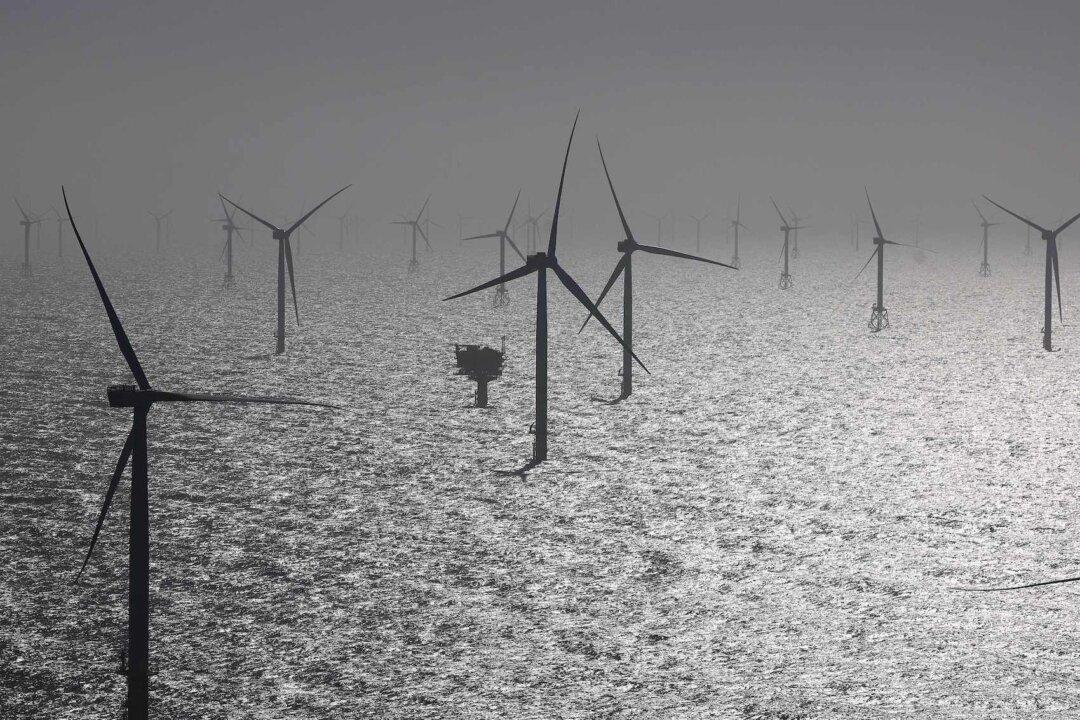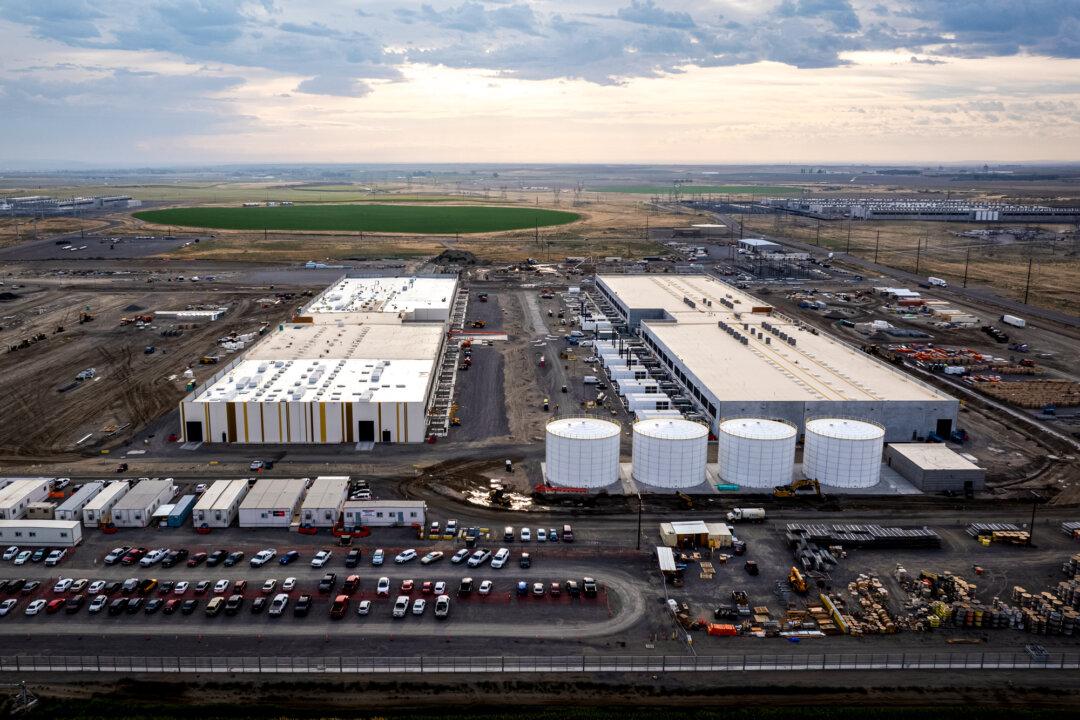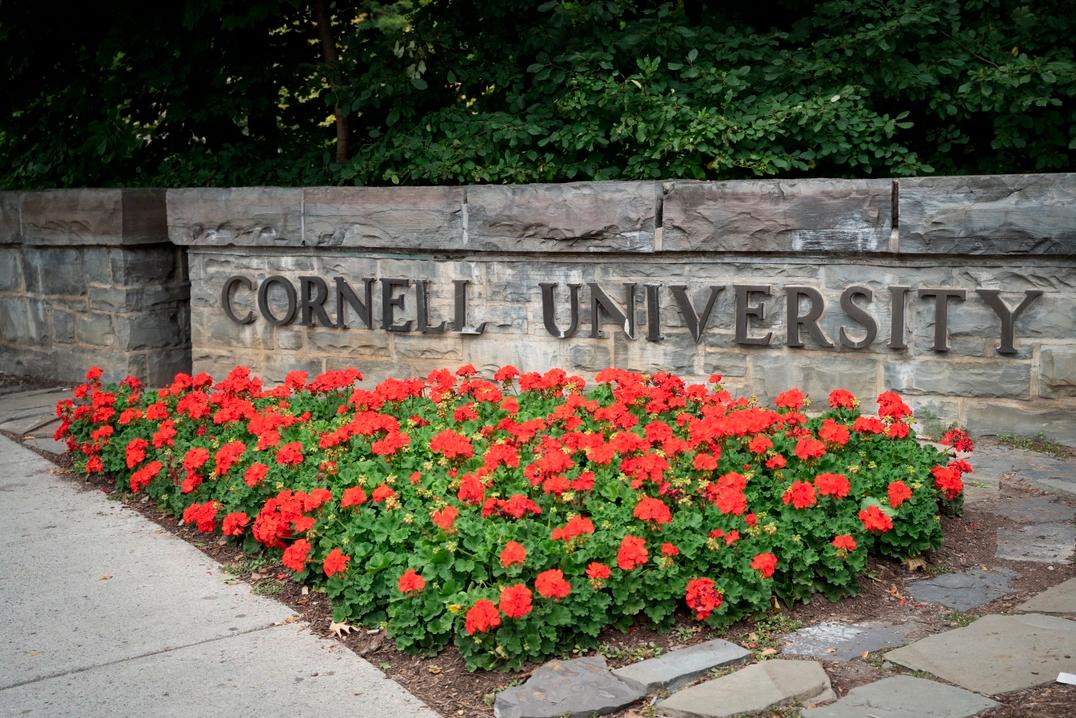The Bureau of Ocean Energy Management (BOEM) has denied a request by three of Oregon’s congressional members to extend the public comment period on two proposed wind power projects off the southern Oregon coast.
The federal bureau announced last month it was moving forward with plans for floating offshore wind power installations near the towns of Coos Bay and Brookings.
The agency said in February that it would conduct an environmental assessment and gave the public 30 days to comment. The comment period ended on March 22.
In a letter dated March 12, Oregon’s U.S. Sens. Ron Wyden and Jeff Merkley and U.S. Rep. Val Hoyle, all Democrats, said residents need more time to have their concerns heard.
They asked BOEM director Elizabeth Klein to extend the comment period so that Oregonians who would be affected by the offshore sites could engage in the process.
“Tribes, the fishing community and others throughout Oregon’s coastal communities are currently working to develop comments that will inform the environmental assessment for the wind energy areas, including impacts to the ocean ecosystem, environment, fisheries, viewsheds and other important resources,” the letter read.
“We request an extension of the comment period to allow for robust comments that will set the most complete stage for future analysis. We believe that an extension will serve the tribes, coastal and fishing communities, and ultimately BOEM by allowing ample time to prepare meaningful scoping comments.”
Push For Offshore Wind Energy
The two Wind Energy Areas in Oregon are part of the Biden administration’s push for offshore wind energy, a key component of the president’s climate agenda. They would cover roughly 195,000 acres and have the combined capacity to produce 2.4 gigawatts of energy, according to BOEM. That’s enough to power about 800,000 homes.
The administration wants to build 30 gigawatts of fixed-bottom offshore wind energy by 2030—enough to power more than 10 million homes—and another 15 gigawatts of floating wind turbines by 2035, enough to power 5 million homes.
Already, it has announced plans to lease millions of acres of federal waters to wind power developers by 2025, with large-scale wind farm projects planned along nearly the entire coastline of the United States, including the Atlantic seaboard, the Gulf of Mexico, and the Pacific waters off California and Oregon.
The decision to move forward in Oregon comes in the wake of massive wind project cancellations along the eastern seaboard and as Danish wind energy giant Orsted scales back its floating offshore wind development activities, acknowledging that the technology is not yet ready for prime time.





